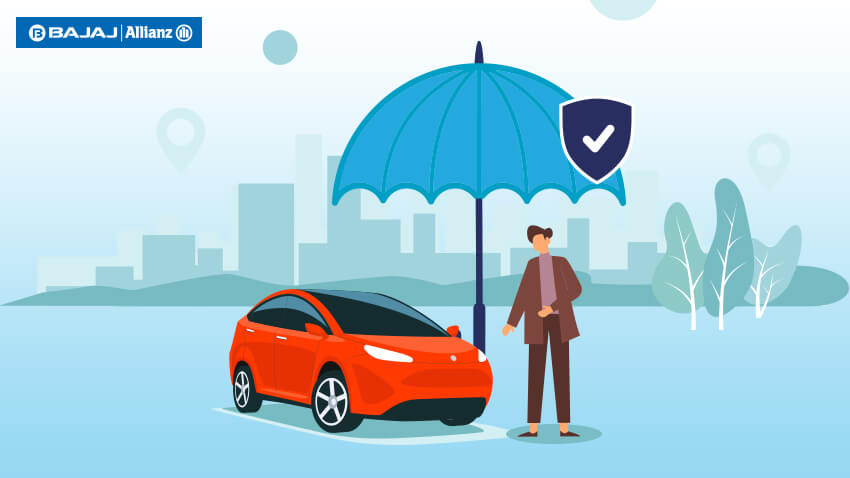The talk of the town is electric vehicles. With soaring fuel prices in the country, more and more people are considering electric vehicles as an alternative. Moreover, the convenience offered by an electric vehicle over the repairs and upkeep required by a conventional fuel-based motor has made it a popular choice. All of these factors are further in light due to the much-needed government focus on reducing the reliance on fuel for cars. This can be seen in the government initiative of offering incentives for electric vehicle owners. While electric cars are new and upcoming, some cars are even hybrid, i.e. run on both fuel and battery-power at the same time. They are called plug-in hybrid cars.
Do you need car insurance for electric vehicles too?
Irrespective of the fuel type of the vehicle, all cars are required to have a mandatory insurance policy along with its registration document. The Motor Vehicles Act of 1988 makes it mandatory to have an insurance policy for all the vehicles registered in the country. So, to legally drive an electric car, you need to have a
car insurance policy. Having an insurance policy protects you against legal liabilities as well as offers coverage for any repair costs to your vehicle. Let us look at the importance of having car insurance for electric vehicles.
#1 Legal requirement:
The first and foremost reason to have a car insurance policy is the legal requirement. As discussed above, the Motor Vehicles Act lays down a mandate to have an insurance cover for all vehicles to ply on the roads. Not having an insurance policy attracts a hefty penalty which may even result in imprisonment. The minimum requirement of an insurance cover is of
third party car insurance which protects you from liabilities caused to a third person in the event of an accident. The premiums for these policies are based on the wattage of the battery used in these cars.
#2 Cover for damages:
Accidents are unpredictable and can result in injuries. Not only an injury, but also damages to the vehicle can have a financial consequence, especially in the case of electric cars. A car insurance policy helps you gain cover for these repair costs and avoid any financial hiccups. Further, when you opt for a comprehensive cover, it also helps safeguard against the loss of theft.
#3 Third-party coverage:
Third-party insurance cover is a part of the
electric car insurance policy. Since the minimum requirement is of a third-party insurance cover, you can opt for standalone third-party plans. This also can be increased to a comprehensive policy that includes third-party coverage as a part of it. A third-party policy covers the cost of financial liabilities in the event of an injury or property damage caused to a third-party. It also includes the cost of legal expenses so that you can be worry-free.
#4 Personal accident cover:
Apart from the mandatory third-party cover, a
vehicle insurance policy must also include personal accident cover. This ensures the owner-driver is protected in the event of an accident. A recent amendment unbundled this coverage from party insurance plans, so you need not buy one if you already have a personal accident cover. Having a personal accident cover helps to secure the cost of treatment for any injury as well as offers financial support to your dependents.
These are some of the must-knows about car insurance for electric vehicles. Just like a traditional fuel vehicle, electric cars also required to have insurance cover as similar risks are associated with electric cars too. Insurance is the subject matter of solicitation. For more details on benefits, exclusions, limitations, terms and conditions, please read sales brochure/policy wording carefully before concluding a sale.
 Service Chat: +91 75072 45858
Service Chat: +91 75072 45858


